Pathfinders: How to hold a bouquet of bones
A conversation with author Chevanne Scordinsky about generational healing, choosing between art and science, and telling stories with weight.
Welcome. Pathfinders is a series of conversations with ordinary folks living extraordinary lives. My hope is that these stories inspire and give you the courage to chart your own unique path in life, knowing you’re not alone. If you’re interested in being featured, please fill out this form or email me at thebarefootbeat@gmail.com
I had the pleasure of speaking with Chevanne after we connected during one of
’s Office Hours earlier this summer. Author of , Chevanne writes, “The FLARE is my signal out into space; it’s a search for connection, between people and in myself. I hope you see it. I hope it speaks to you.”During our conversation, I realized we have a lot in common- including a professional background in healthcare and both returning to creative writing as adults. Chevanne shares her wisdom with grace and transparency, a gift to all of us. I hope you enjoy getting to know her better and learning about her creative journey so far.
I love the title of your newsletter, “The FLARE- an emotional signal shot into space, waiting to be discovered.” This resonates with me so deeply. As creators, it can feel like no one is witnessing our work, or we’re creating in a void. But you speak to creativity transcending time. What inspired you to start your newsletter and what intention do you hold for this space?
Thank you!
is my confrontation of the void, or rather, the inherent fallacy. What we see as a void is not really empty and so the pursuit to connect isn’t useless. They may not hear you now, but sound echoes. My About Page links the article I wrote about this idea. I started my newsletter because of my salon leader, Leigh, who suggested Substack and without ever lurking, I jumped in.One of my favorite questions to ask is, ‘How do you define being an artist?’ And ‘When did you start calling yourself one?’
Artistry is observation and devotion.
We see and try to capture the nature of life in a medium that we’re best at expressing. I didn’t call myself one until I composed my first longer form short story in summer 2021 that came out to a little over 9400 words. The writing was feverish and exhausting. I composed it over three days with multi-hour sessions. It was a unique experience for me.
You mentioned that you were a prolific writer at a young age, but something shifted when your Dad said you’d never make any money. Can you share more about that moment?
I’ve thought more about that recently and it was like any moment when your parents ask what you want to be. My dad came to America with very little and like any good parent, needed to disabuse me of fantasy, which I understand now as a parent myself. He could not have imagined people would put “influencer” on their resumes.
This point started the beginning of my science and art dichotomy. I needed science to live but I didn’t make enough space for art. And I wasn’t one of those strong-willed kids like my brother, so I did what was expected of me.
How did you eventually find your way back to writing?
It started with therapy. I had built up this wall in my mind where I thought I had to choose. I was a science kid and my brother was an artist. I realized much later that I could do both and they were not in conflict. I also realized I chose writing at many points in my science education and career.
I was already a writer and writing was art.
What advice do you have for someone who wants to reconcile their relationship with creativity after a long break? What tools or resources helped you reconnect to the source of inspiration?
Forgive yourself and don’t apologize for your absence. Open yourself up to learning and working at your craft. It’s never too late.
We’re both trained in the medical field and spoke about this dichotomy between science and creativity. What’s your take on this and how has your profession informed your creative work?
My profession comes into my creative work all the time. I recognize I’m a product of the ubiquitous police procedural, but I like incorporating realistic details in death and disease or using experts to help a main character better understand what’s happening. I like the research aspect as well, because it feeds into the story’s voice. There’s information I don’t even use but it helps me write from a place of some knowledge.
You joined a writer’s salon in 2021, can you share how that shaped your work and the significance of creating in community with others?
That salon elevated the positive aspects of my pieces which I think was an excellent way for me to evaluate my work. I didn’t realize I’d grown in all these years of stasis, so I wasn’t jealous of other people’s work. I was inspired by it and learned from it.
The environment was welcoming and encouraging so I felt good about sharing and it was okay to not share as well. The community held me and I did the same. I remember coming out of one very fruitful session feeling high. That’s the beauty of community and connection.
You have a gift for telling stories with weight and often focus on transgenerational themes of healing. I love this quote from ‘Once Upon a Time, Your Parents Were Human,’ “You see, I am both my mother and my daughter. I am resolving my own past to create a new future.”
Seeing your life in the context of your parents’ experience changes how you see your own past. I could empathize and see my mom was trying her hardest, but some weights are too heavy to carry. She shed it completely and healed us both.
I used to have these recurring dreams about my childhood home and these elements of anxiety. In the months after that therapy session with my mother, they stopped. Going forward, though, I know how important it is to be present and be honest. My daughter is so empathetic so she’ll help me and I help her.
How do you use the power of storytelling to provide a deeper connection to those past and future parts of yourself and your family?
That’s a good question. I like the idea of history potentially repeating and visiting the same paths on our life journey.
For me, the question “How can I do things differently this time?” is huge.
I happen to come from a family where my grandmother died very young, so we are still navigating these relationships. My mother is learning to have a relationship with a grown daughter and vice versa. We haven’t seen it before but love each other and are committed to getting it right. I take that with me to my stories, because until we have that clarity, we can’t look back and forgive our parents or ourselves. I’ve been lucky to do both.
How do you define success for yourself as a creative? Is there a moment when you’ll think, “Ah, I’ve made it!”
My idea of success is very small right now, like overcoming my avoidance of tough tasks and reducing anxiety. I’m working on expecting more from myself so that I can grow and become better. It’s a process. One day, I’m hoping for the big success of holding my first book. That’s when I think I’ll “make it”!
I think a lot of people avoid creative pursuits because there’s this pressure to make a living from it or do it full-time. Where do you think this comes from and how can we gently move forward?
We commodify everything and have trouble appreciating our gifts for the nature of them alone, which I think just comes from living in a capitalist system. To move forward, we need to interrogate our need for cost. Can we just share?
Can we let go of the hustle and just be?
We need to start rejecting those messages to monetize everything. Most of us will still need a standard job anyway.
We spoke about music and a strong sense of place influencing your creativity. Where else do you draw inspiration? What grounds you when you receive a flutter of ideas? Are there rituals or practices that serve as anchors or tethers in your life?
Inspiration is everywhere!
It’s kind of crazy. I might be in a conversation with someone and pick up on something they said or did and think, “That’s a good idea for a story…” It can be that simple. I’m lucky to have a friend who suggests some to me too!
I used to have a big problem with intrusive thoughts and was afraid of losing good material, which is why I stopped writing as a kid. I now have a motto I repeat to ground myself: There will be more. I cannot catch everything so this helps me let go.
Rituals have become more important in my life since 2020. I was out of sorts in a lot of ways (not all of which I can share), and I found I needed to be tethered to the ground. As an atheist, I chose the land.
I started my journey as a plant mom and have learned a lot from gardening. It’s a process of changing your methods when things don’t work, being patient, knowing that winter must come in order for there to be spring, and a lot of other things. Ritual helps with my seasonal depression so instead of mourning the shortening of days, I try embracing the dark and adapting. I have started quietly celebrating the seasons with equinoxes and solstices and each year is getting better.
You can’t stop the rain and it doesn’t help to stay inside. Get a raincoat and head out.
Do you have a question for Chevanne or want to connect? Please support her by leaving a comment, reading
, or reaching out for a collaboration. Let’s build a thriving, collaborative community together and help each other grow. 💗P.S. If you’d like to be interviewed for our Pathfinders series, please reach out here or send me an email at thebarefootbeat@gmail.com
We thrive together.
Promote your work! If you’d like to share an upcoming event, art show, newsletter, service, product, or just something you’re really proud of, create a listing in our community bulletin board.
Join our Creative Contemplation practice and download the free journal with monthly new moon themes, affirmations and creative prompts.
Say hi in our weekly chat thread and introduce yourself.
Participate in a monthly art share for artists of all backgrounds. Show us your best, bad art!
Refer a friend. Each time you click the “Share” or “Refer a Friend” buttons, you’ll earn rewards towards a free, paid membership. Check out the Leaderboard for more info.
The best way to support the Heartbeats community is to become a paying subscriber for $5/mo, (less than a fancy cup of coffee). ☕💌 You can also make a one-time contribution via Venmo @thebarefootbeat or Paypal.


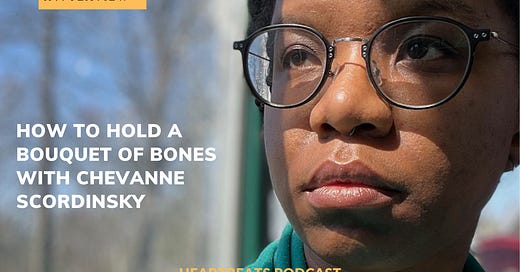


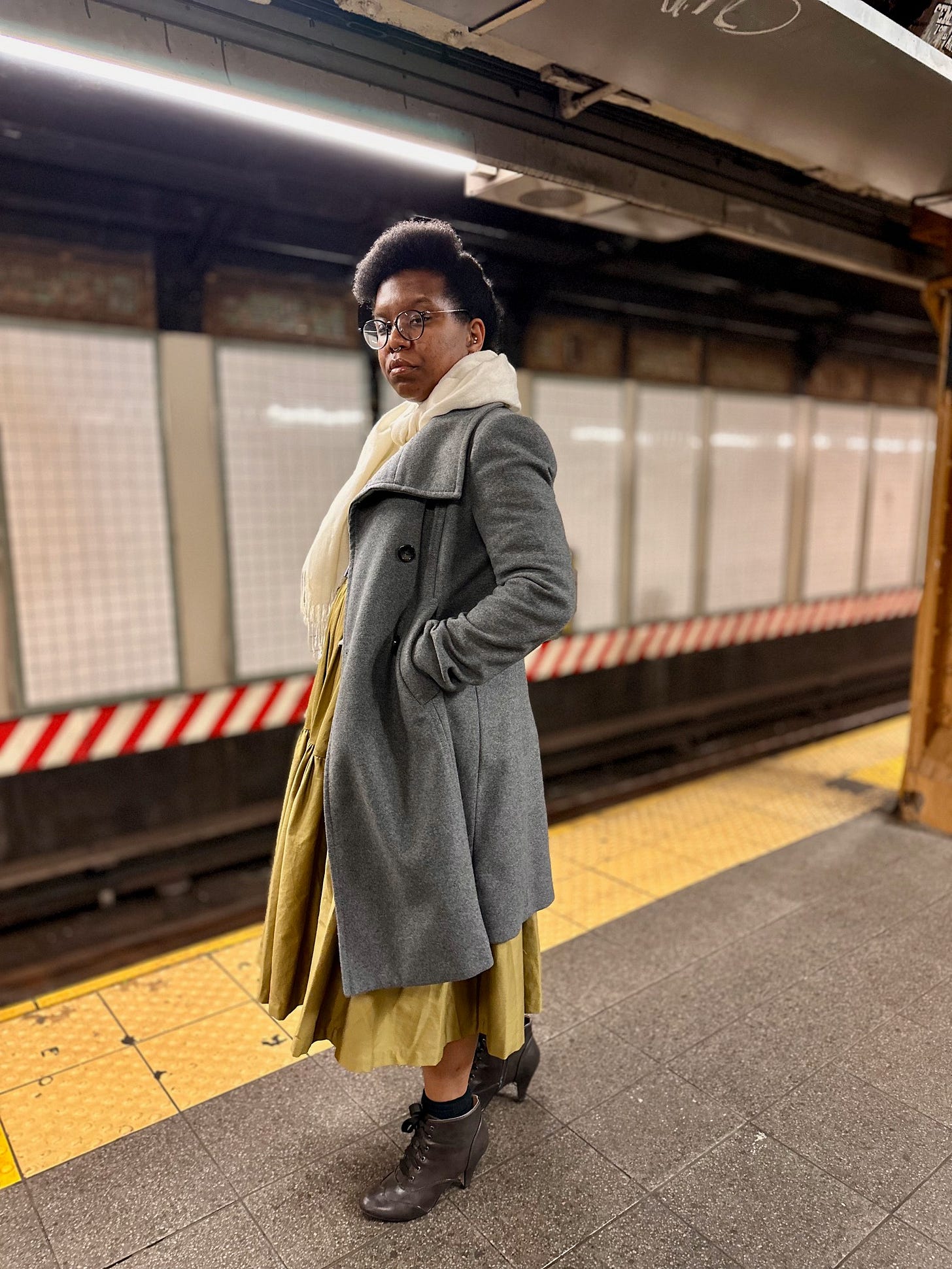
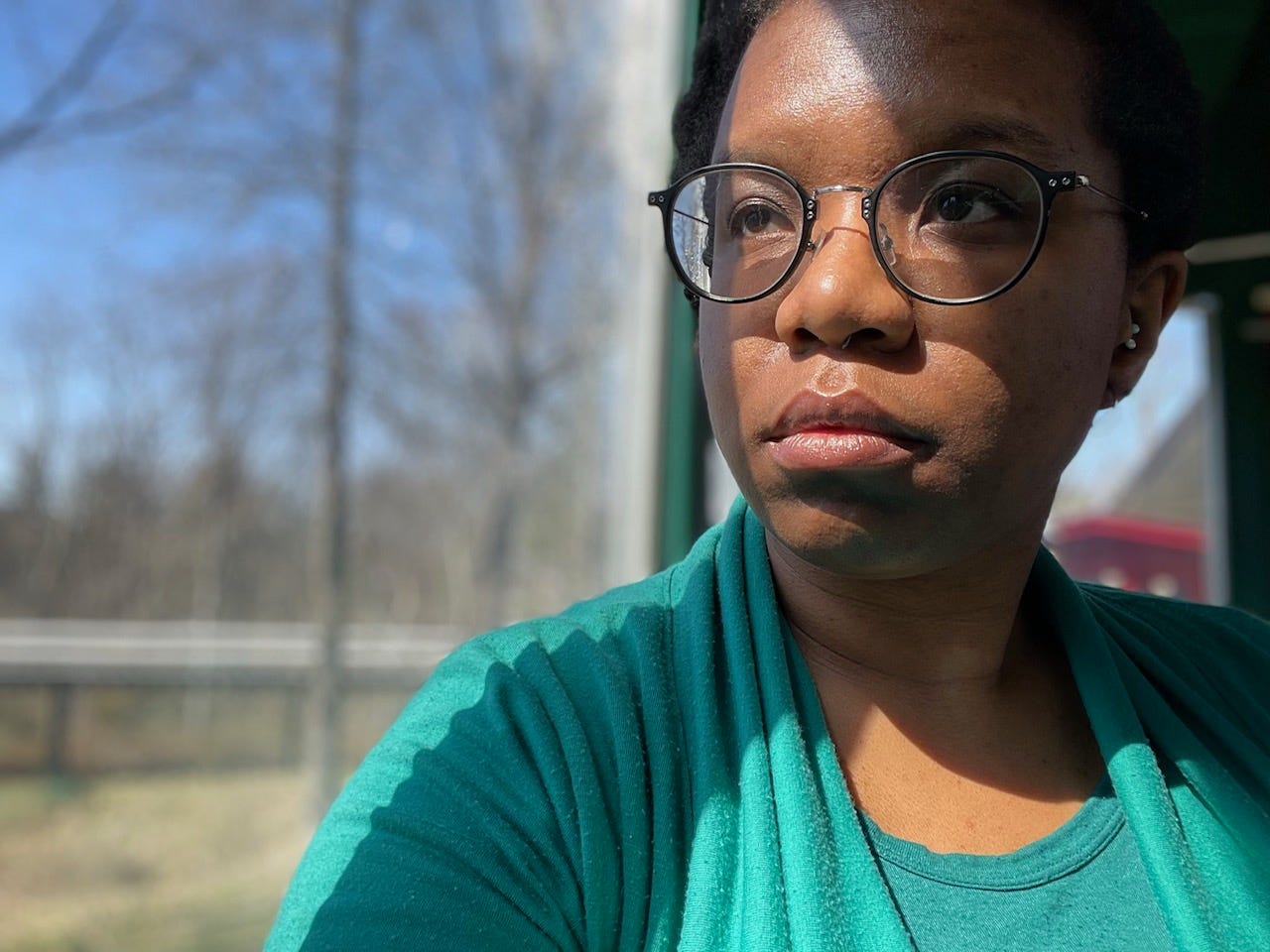
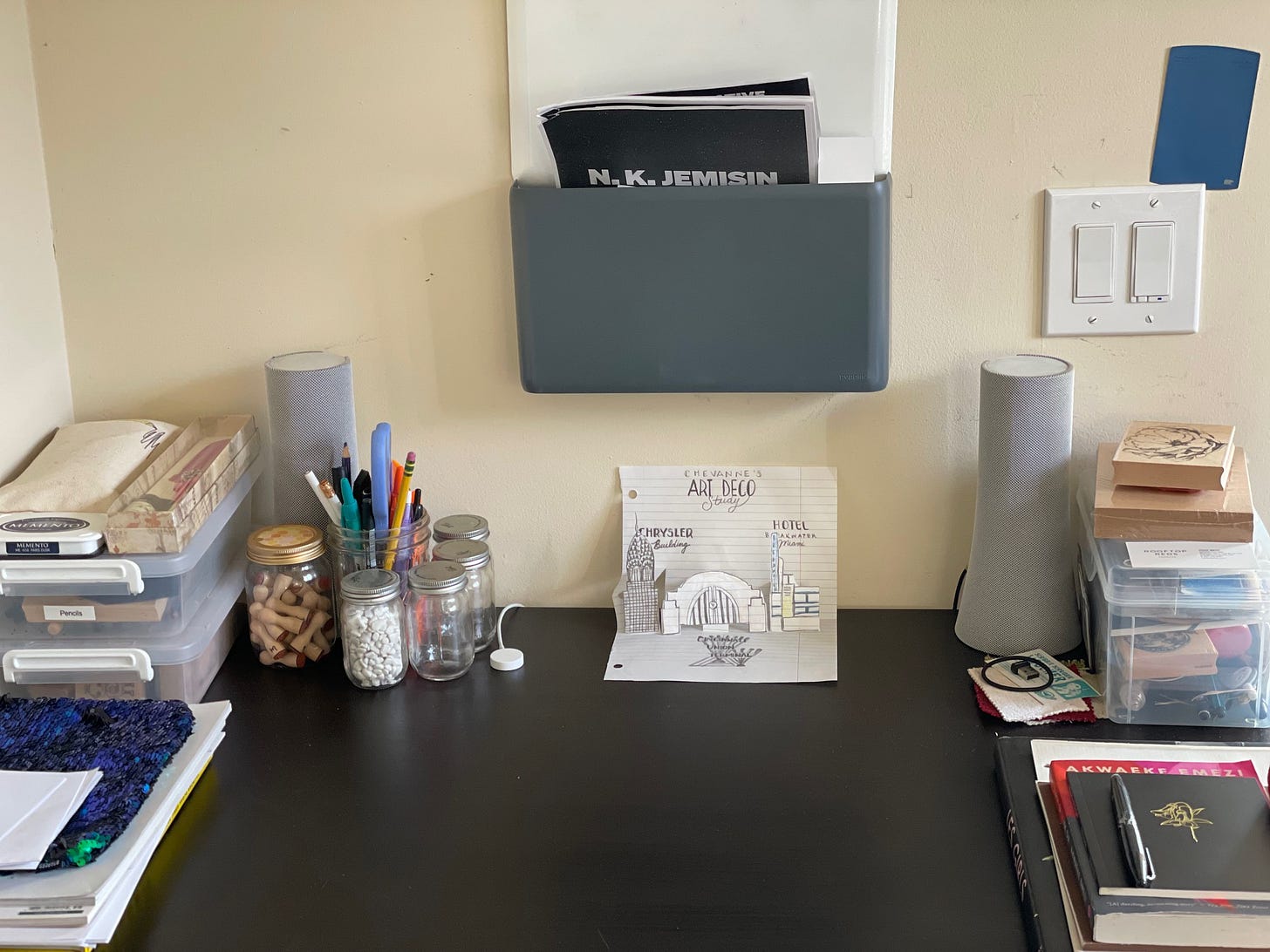

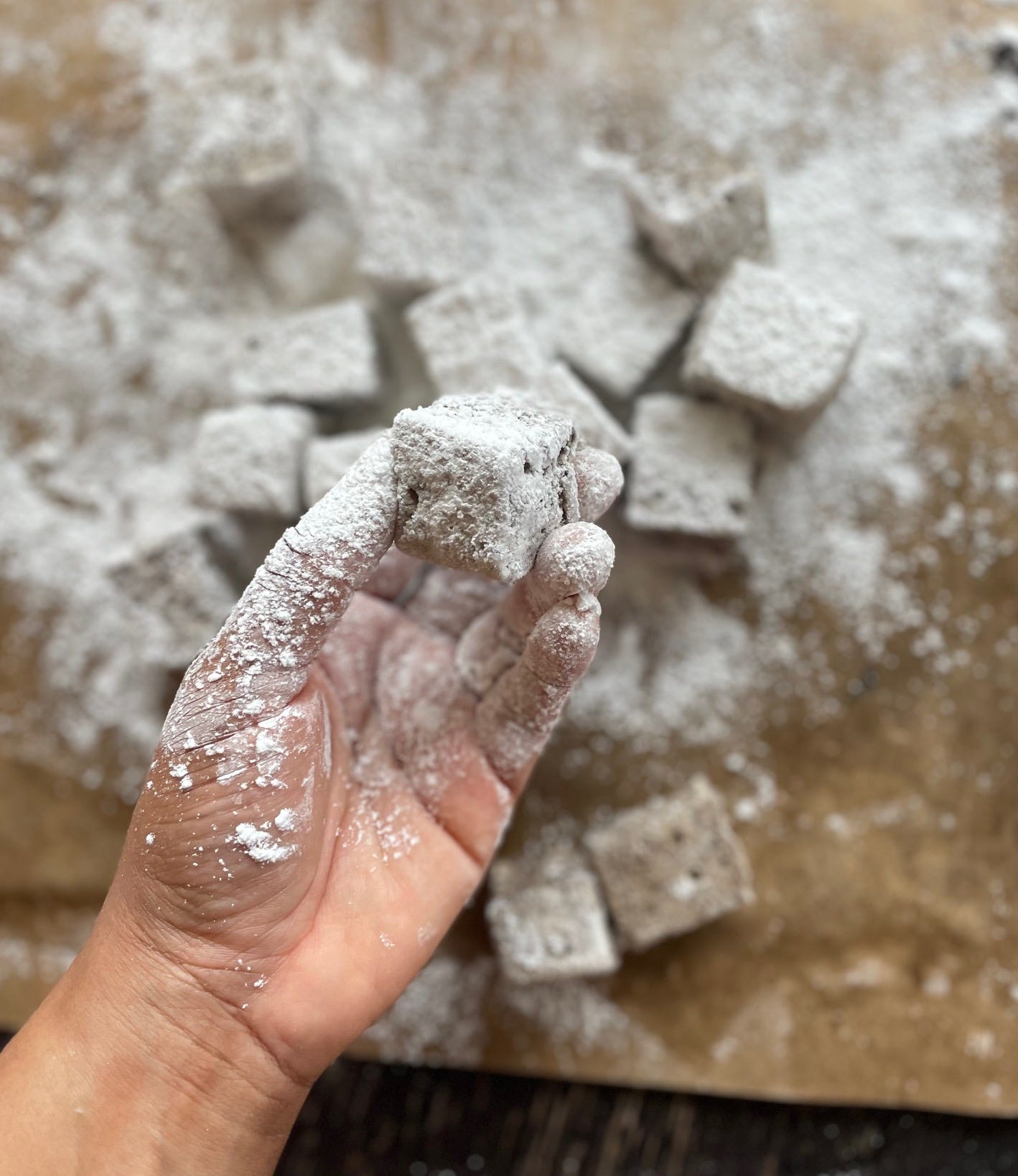
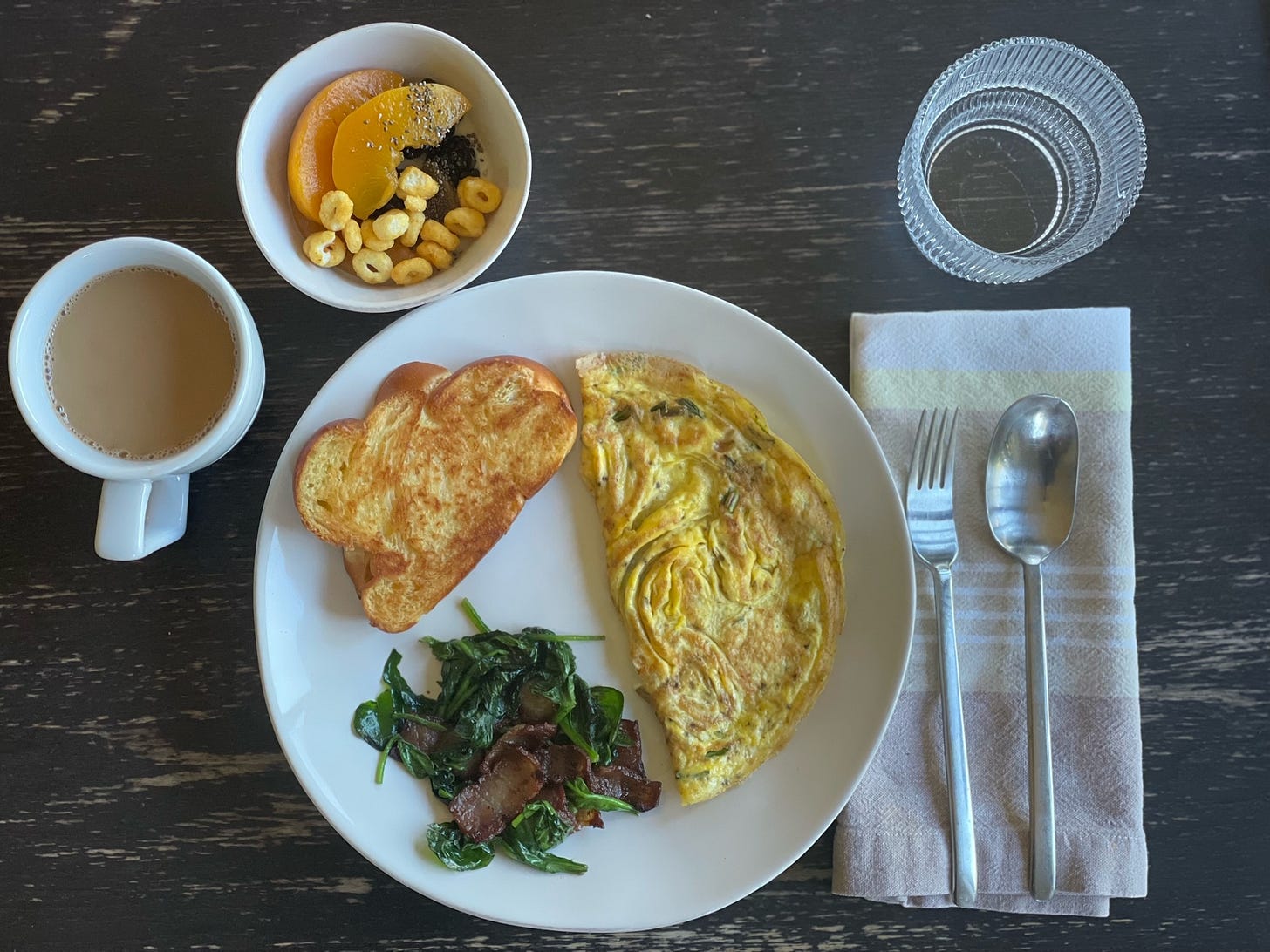
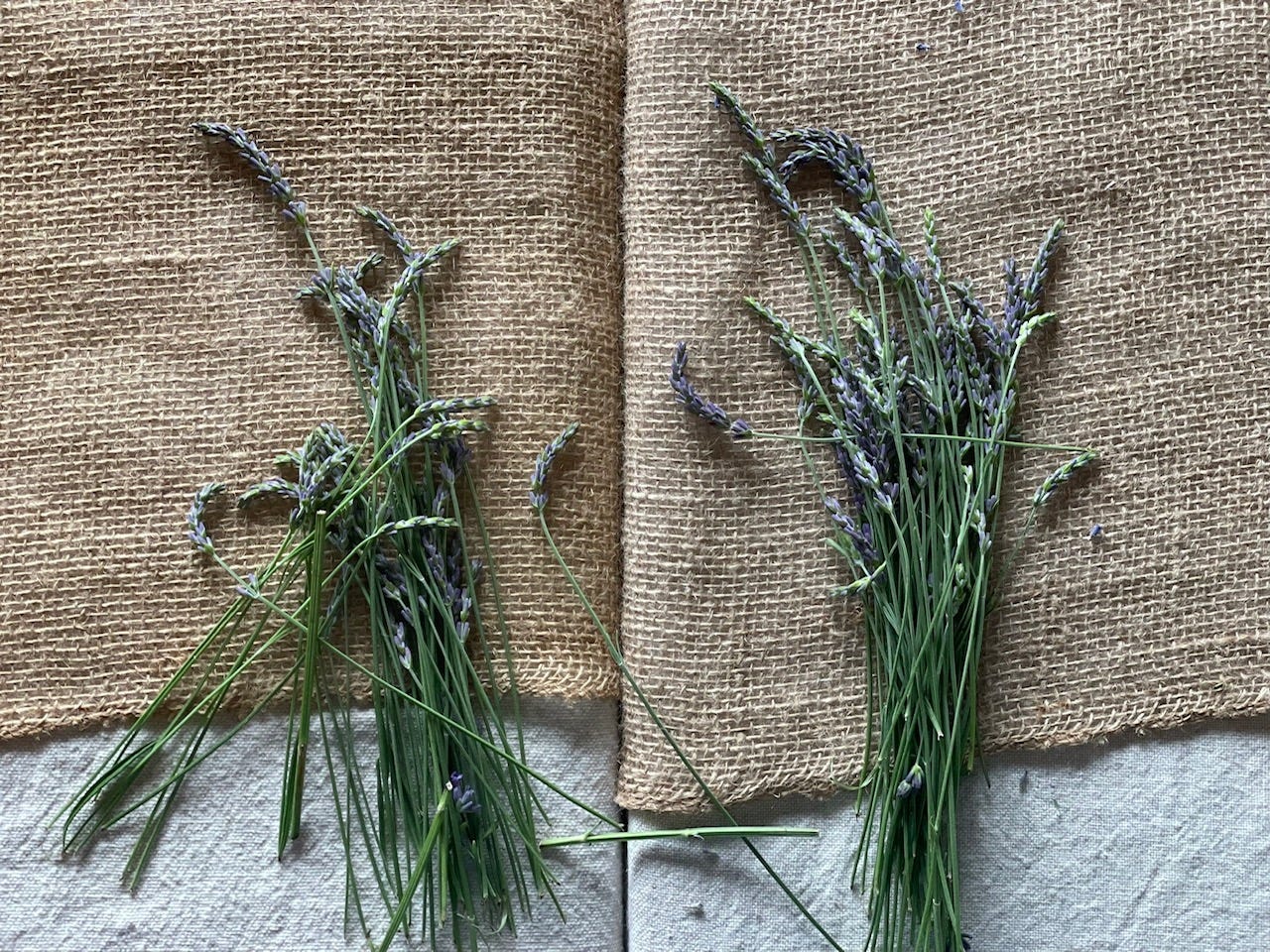
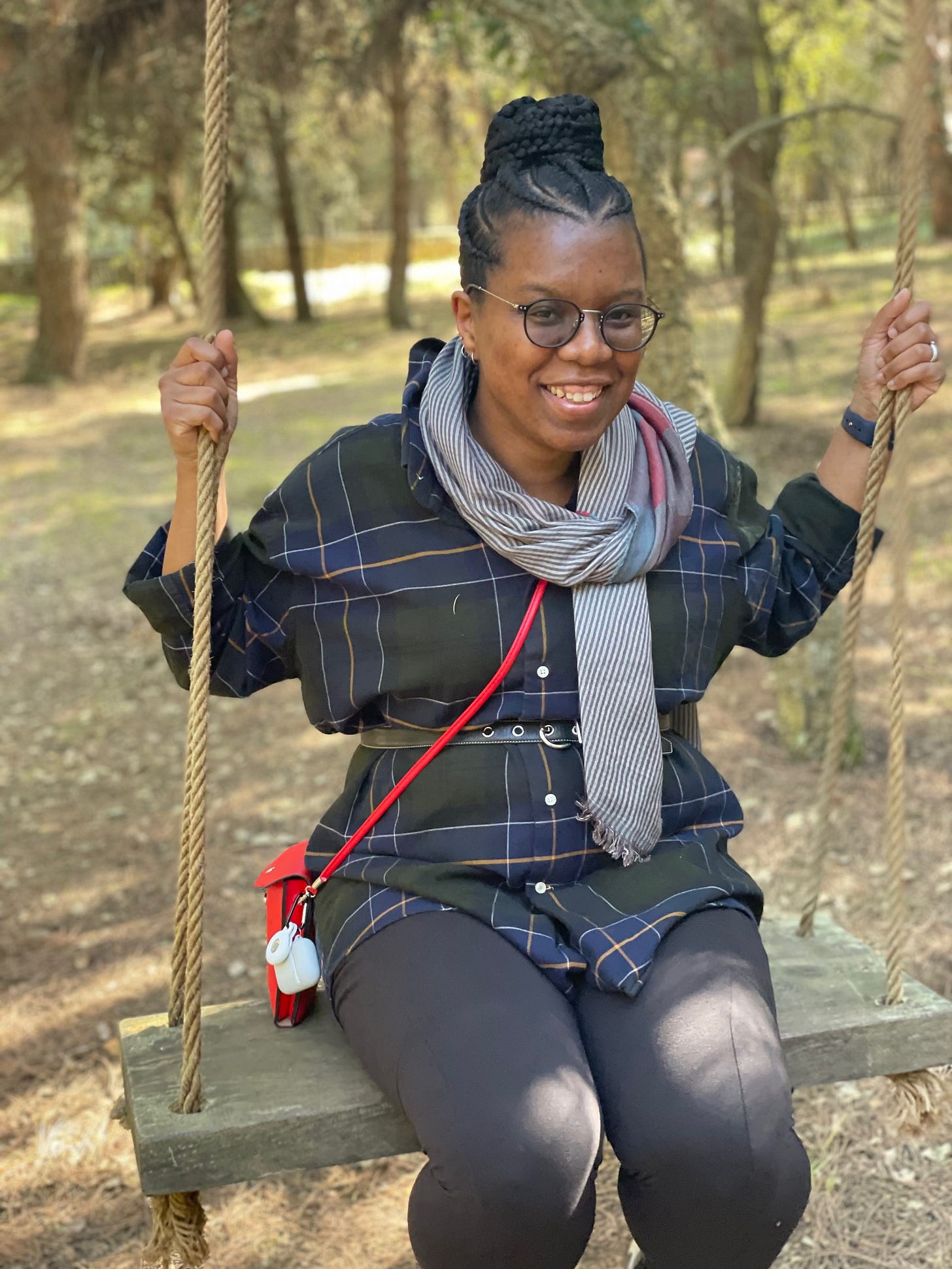
Yes! I’m so glad it resonated. I think sharing our unique journeys with others reminds us how connected we really are. I’d love to interview you sometime Kamila if you’re interested! 💗
Really enjoyed this. Thanks for asking such important questions and sharing this conversation. Chevanne had a lot of wisdom to share that resonated with me.